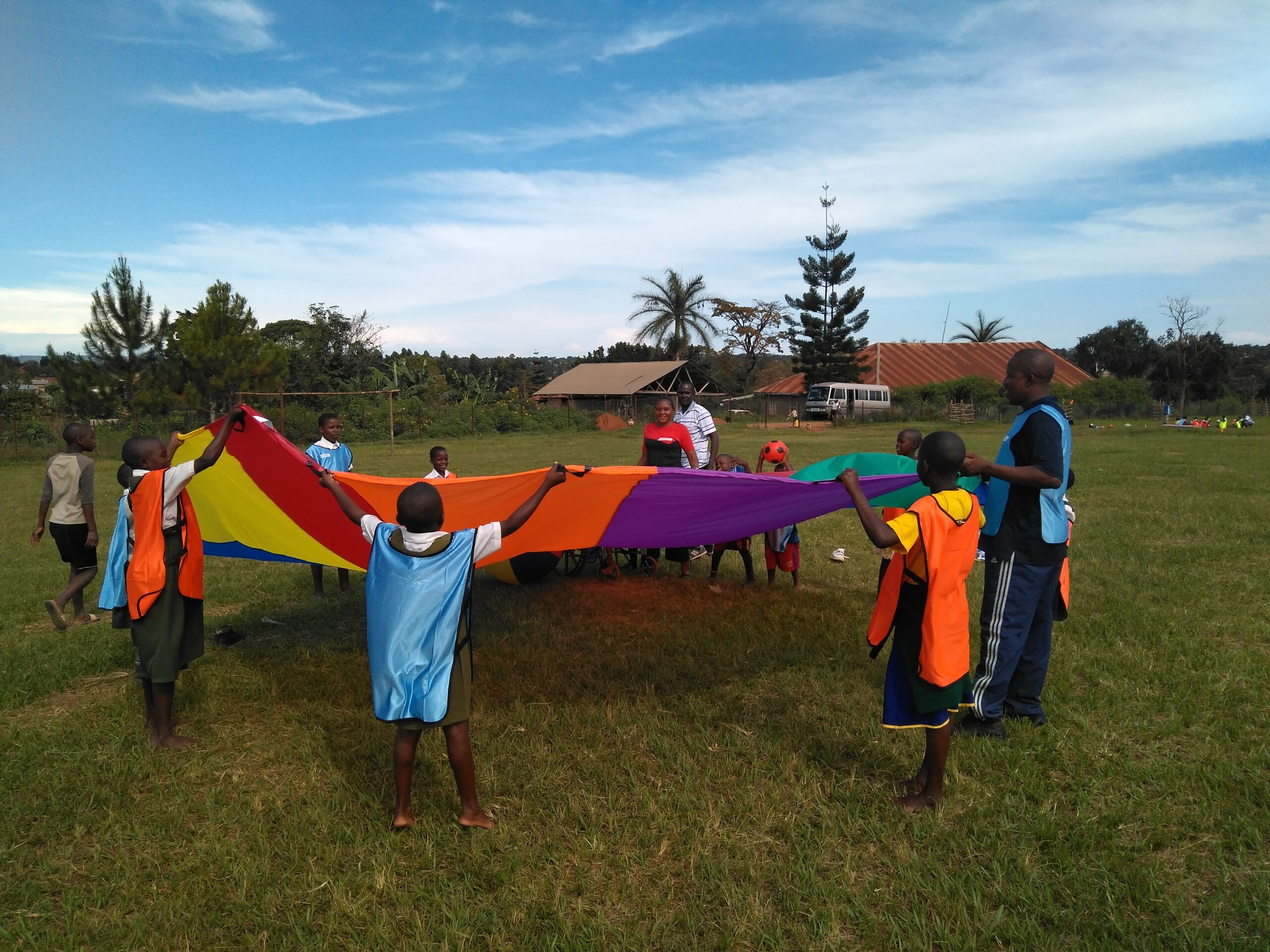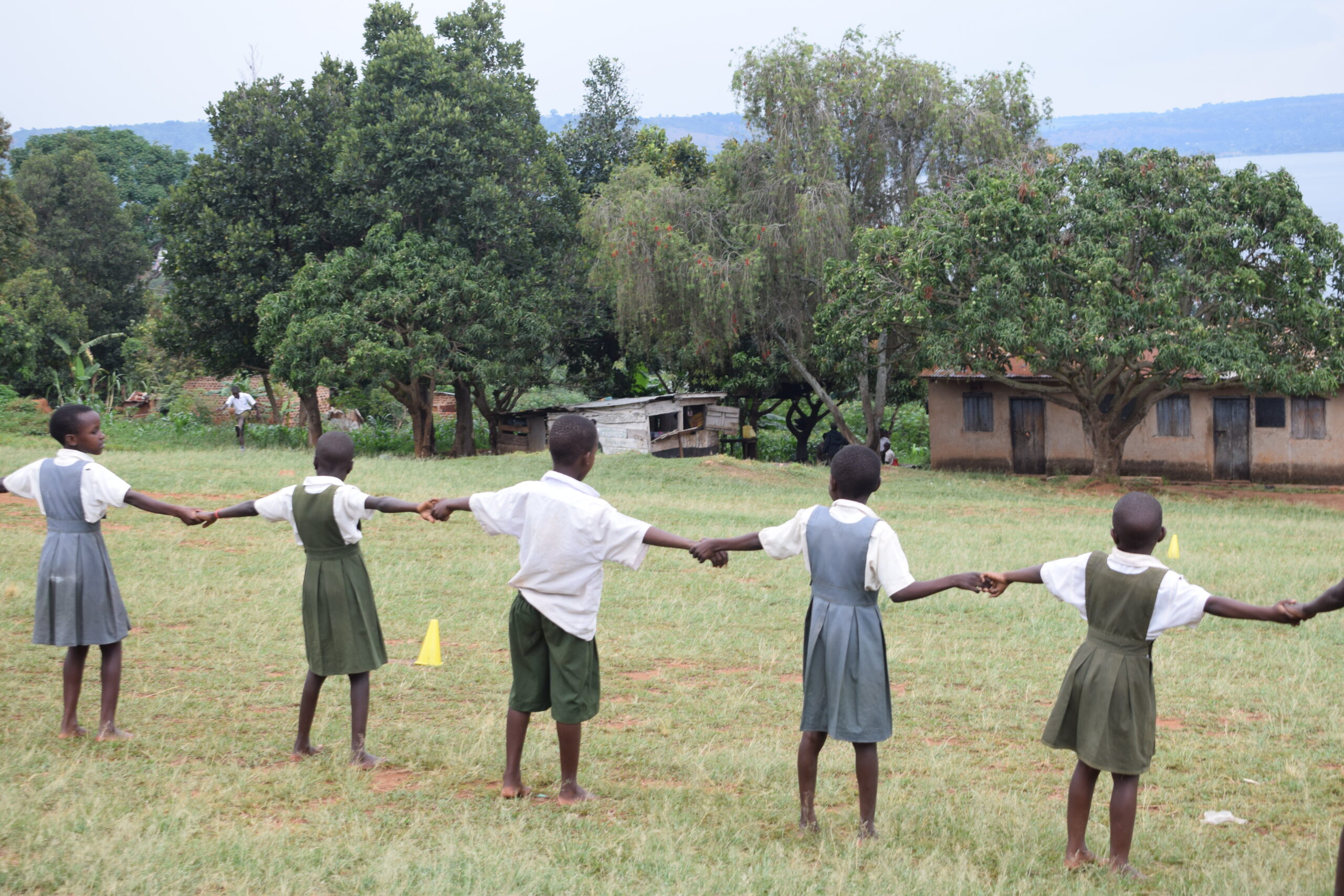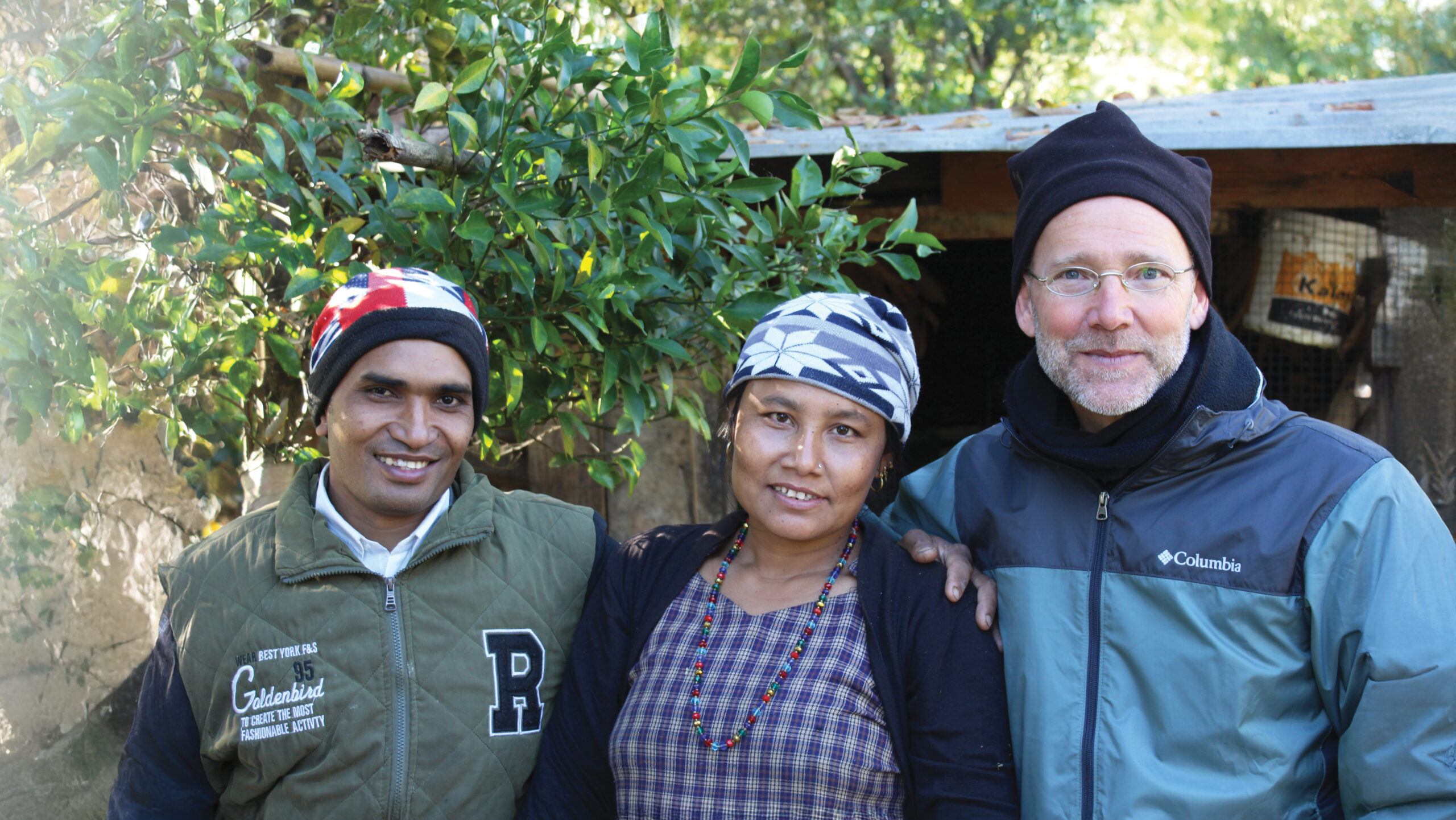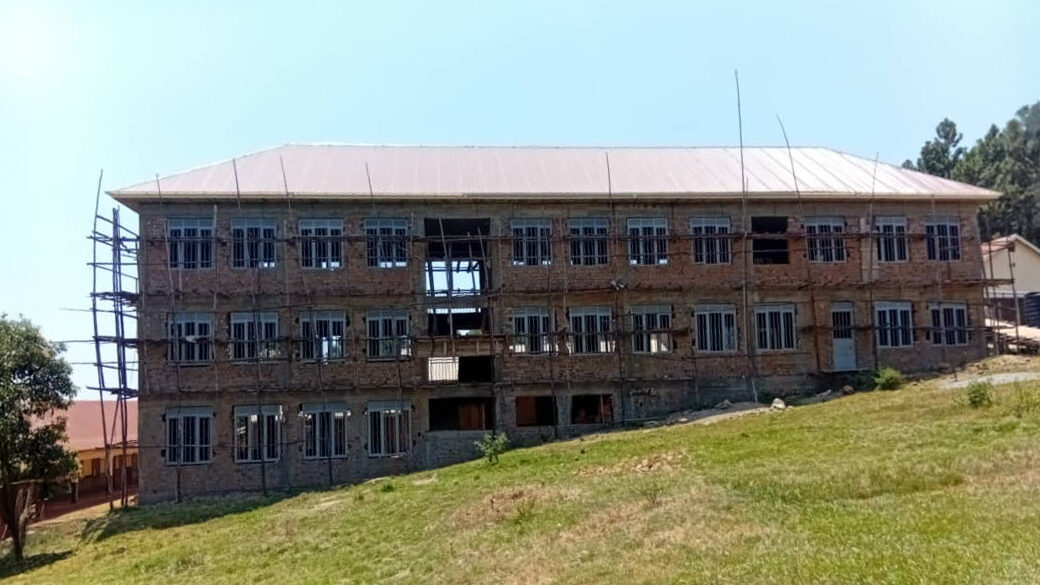May 19th, 2021
Access, Attitudes and Agency
Integrating Disabled Children into Schools in Uganda
In Uganda, disabled children face an uncertain future. The discrimination that disabled children and their families face is rooted in negative beliefs and stigma that disability is a curse and that having a disabled child means the family must have done something wrong. Disabled children become invisible, often hidden away at home and kept out of sight. These attitudes trigger a vicious cycle that limits the opportunities and agency of disabled children and denies them of their basic human rights.
Education is the best investment you can give to any child. Yet in Uganda 91% of disabled children do not go to school. Those who do have to deal with bullying and discrimination and teachers lack knowledge on how to adjust for the different learning or support needs of disabled children. Despite the government’s efforts through domestic legislation, policy and international commitments like the Sustainable Development Goals to integrate disabled children into schools, they remain one of the most vulnerable groups in society who face multiple barriers to education and employment.
One way that International Needs has addressed this issue is by using sport to break down barriers of inclusion. Sport encourages better health, education and social inclusion and is recognised as a way to promote tolerance and respect by empowering women, young people, individuals and communities. In 2017, we collaborated with UNESCO Chair on a pioneering project called Plan2Inclusivize, which used sport to engage disabled children in play and physical education and trained teachers on making sports activities more inclusive. The project which has expanded to 40 schools, focuses on four key beneficiary groups: disabled children, their families, teachers and the local community across 40 schools in Buikwe District and has seen a significant increase in enrolment of disabled children.
The project has helped disabled children become more active and confident in class and play. Ramps, walkways and toilets have been modified to increase mobility and make school premises more accessible. Schools received a variety of sport materials which has encouraged able-bodied children to play with disabled children building friendships between them. School teachers trained in disability inclusion have an understanding of the biblical perspectives of disability and how to write inclusive school policies. Teachers have responded with enthusiasm; they feel confident to adapt their teaching to support the learning needs of disabled children and have developed better skills to handle inclusion. Families of disabled children have been supported to set up small businesses like goat rearing or food stalls which helps them earn extra income to meet the needs of their disabled child and family. We have hosted sports festivals to celebrate disabled children and show parents and the community the importance of investing in their future.

As we look to expand the project to include more schools, one of our supporters, Reverend Tim Goode, the Disability Advisor for Southwark Diocese shared his reflections on his first visit to Uganda and how this project challenges attitudes, access and agency. When families believe that having a disabled child is a curse, they keep them out of sight and hidden away from the community. When we have disabling attitudes, this builds barriers to access, which denies agency and this goes on to reinforce disabling attitudes creating a vicious cycle. By challenging disabling attitudes as this project does, the walls to access collapse and people have agency which again challenges disabling attitudes even more and the vicious cycle turns into a virtuous cycle. The project has highlighted that by engaging with people who are different, we replace fear with love and friendship which is transforming the lives of disabled children for the future prosperity of Uganda.

Donate online HERE
If you’d like more information, please get in touch with marisa@ineeds.org.uk

